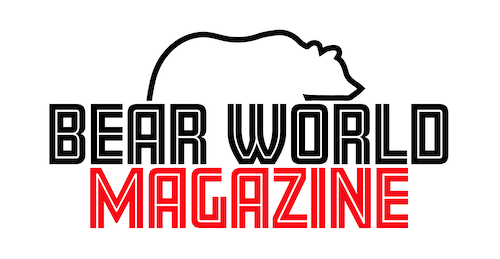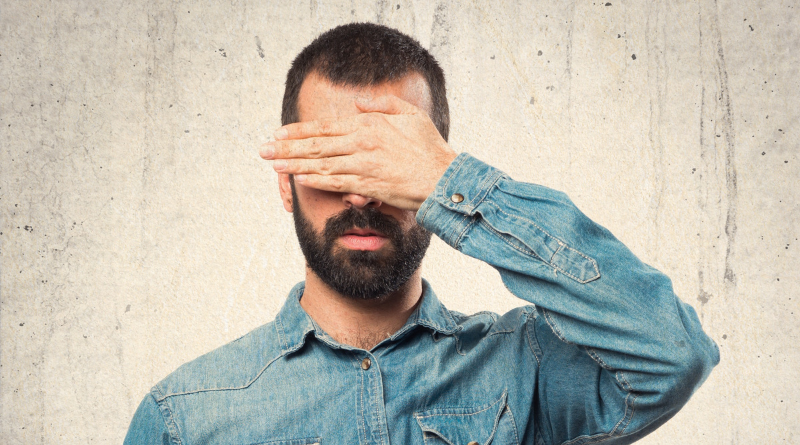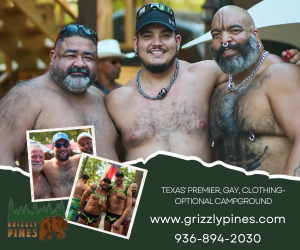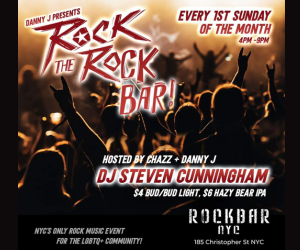Challenging the Fallacy of “I Don’t See Color” in the Bear Community
The Bear community has long touted the phrase “I don’t see color” as a badge of honor: a symbol of unity and acceptance. However, this seemingly innocuous phrase has a dark underbelly. It perpetuates a dangerous myth that ignores the experiences of people of color, particularly Black Bears, and downplays the systemic challenges they can face within Bear events and spaces.
The phrase “I don’t see color” implies that race doesn’t matter, that we are all just Bears united in our shared identity. But this couldn’t be further from the truth. By ignoring the role of race and ethnicity, we erase the unique struggles and experiences of Black Bears. We create an atmosphere where conformity is value over authenticity where Black Bears are forced to assimilate into a predominantly white culture to feel welcome.
As an example, I recall watching from a distance as a black bear with dreads and leather walked confidently into a local bar. He was fine: in tight and gripping leather with nothing left to the imagination.
I was immediately distracted by people to my left expressing their disdain that a Black Bear with dreads would be in their bar and in leather apparel. As I readied to defend his presence, he heard them and put them in their place better than any Church Mother.
That they did not expect to see a dreaded leather black bear in a predominantly white space exposed to the pressure for conformity set by, and for, white bears.
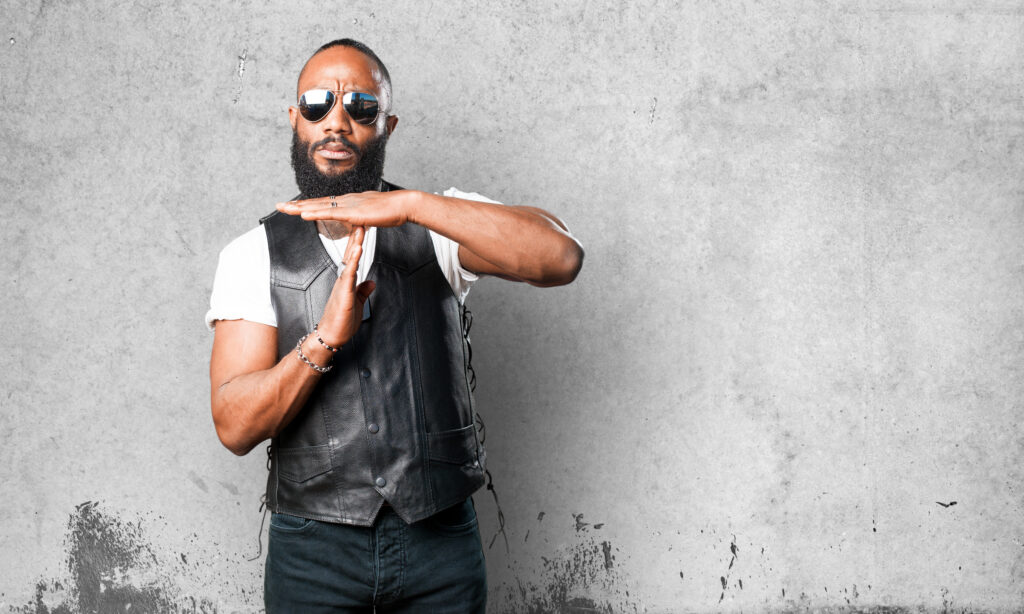
And he continued his drink….
The consequences of this dismissive attitude can be severe. Black Bears have been ignored, marginalized and excluded from Bear events and spaces. They have faced discrimination and prejudice and their lives have been lost to systemic injustices perpetuated by the very community that claims to accept them.
True inclusivity in the Bear community demands active work to create spaces where Black Bears can participate without fear of marginalization.
Rejecting the notion of “I don’t see color” is just the beginning. We must visualize our biases and prejudices in order to resolve them.
Even beyond the US…
The fallacy of “I don’t see color” is just as harmful and inaccurate in the UK. The UK has its own history of colonialism that has shaped the experiences of black people. Ignoring these historical experiences and contemporary realities by saying “I don’t see color” continues, rather than confronts, their problems.
While out and about in London I popped into my favorite Bear watering hole in Soho for a pint of beer. Before I could work my way through the throng of bears to the bar an arm engulfed my neck. I turned around and removed his arm from my neck but he returns his limb to my neck again.
Then a second black guy walked up to order a beer and the arm that was wrapped around my neck was now extended to reach out and grab the hair of the black gut nearest us.
“Who do you think you are? You can’t just touch people without some rapport or consent. Be fucking respectful” I said.
As he reluctantly removed his arm he explained that the did not see color and that he was not objectifying us. Yet that was in fact exactly what he was doing. For him, our color was a free pass to act as he wanted.
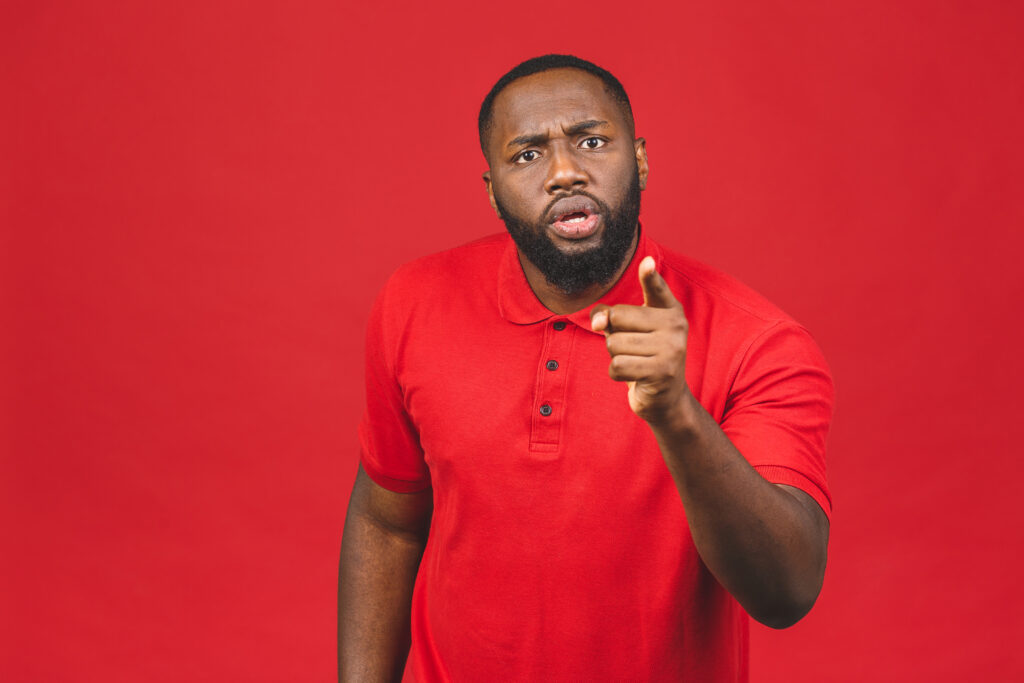
We are all healing from something, and I just didn’t have the range to teach someone why their hands shouldn’t be on a stranger’s head. I guess my rationale was to leave him in his own reckoning of what was right and wrong. Sometimes it is a reality that people do not understand their errors until they actually “sit in it” and realize where their error occurred.
This is the reason why so much emotional labor goes into explaining to people who are non-Black that boundaries and societal respect is real. Bear culture, unlike the leather community, knows very little about protocol or consent.
Having this conversation, rather than resting on “I don’t see color” is a better step toward a more inclusive and supportive Bear community. By acknowledging the role of race and ethnicity we can create and promote a shared culture of diversity.
